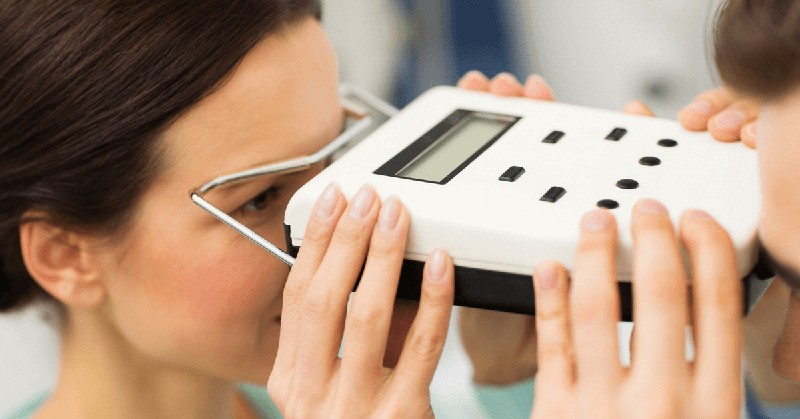‘Aging well’ drastically influenced by hopes and fears for later daily life — ScienceDaily
If you consider you are capable of becoming the balanced, engaged individual you want to be in previous age, you are significantly extra most likely to expertise that final result, a new Oregon Condition University examine reveals.
“How we imagine about who we’re likely to be in aged age is extremely predictive of exactly how we will be,” explained Shelbie Turner, a doctoral university student in OSU’s University of Public Health and Human Sciences and co-author on the examine.
Preceding studies on ageing have observed that how persons thought about on their own at age 50 predicted a broad range of long term health and fitness outcomes up to 40 a long time later on — cardiovascular functions, memory, stability, will to dwell, hospitalizations even mortality.
“Past analysis has shown that individuals who have good sights of getting old at 50 stay 7.5 many years extended, on ordinary, than people today who don’t,” said Karen Hooker, co-author of the research and the Jo Anne Leonard Petersen Endowed Chair in Gerontology and Loved ones Studies at OSU.
Simply because self-perceptions of ageing are connected to so lots of major overall health results, Hooker and Turner preferred to recognize what influences those people perceptions. Their analyze appeared exclusively at the influence of two elements: self-efficacy connected with feasible selves, this means a person’s perceived capability to turn into the human being they want to be in the potential and optimism as a basic persona trait.
The scientists measured self-perception of aging by possessing respondents say how strongly they agreed or disagreed with statements such as, “Issues preserve acquiring worse as I get older,” “I have as significantly pep as I had very last 12 months,” “As you get older, you are a lot less useful.” They measured optimism in a equivalent way, with respondents ranking their settlement with statements like “In uncertain moments I usually count on the best.”
To measure self-efficacy, the review applied a dataset that compiled study responses from more mature adults in which they listed two “hoped-for” potential selves and two “feared” future selves, and ranked how able they felt of becoming the person they hoped to be and averting getting the particular person they feared to be.
Amongst the “hoped for” selves ended up points like “A social individual with a powerful community of good friends” and “A balanced, energetic human being.” Examples of “feared” selves have been “Chronically sick and in suffering,” “Staying dependent on other people for my working day-to-working day requires” and “A cranky, indignant old female.”
Success showed that, as predicted, greater optimism was linked with a lot more beneficial self-notion of growing older. Each “hoped-for” self-efficacy and “feared” self-efficacy have been also drastically connected with self-notion of growing older, earlier mentioned and over and above optimism as a trait.
A big element in how folks see their possess growing older selves is internalizing ageist stereotypes, the scientists stated. Examples of this sort of stereotypes involve assumptions that more mature adults are bad motorists, or suffer memory challenges, or are unable to engage in actual physical activity anymore.
“Youngsters as youthful as 4 several years aged previously have unfavorable stereotypes about previous individuals,” Hooker claimed. “Then, of course, if you are lucky ample to are living to aged age, they sooner or later apply to you.”
Individuals stereotypes get bolstered each and every time an older adult forgets a little something and jokes, “An additional senior instant!” But the scientists say these imagined styles can do authentic hurt.
“Persons need to have to understand that some of the destructive wellness penalties in afterwards daily life might not be biologically driven. The brain and the entire body are all interwoven,” Hooker reported. “If you believe that these undesirable matters are likely to happen, in excess of time that can erode people’s willingness or probably even inevitably their capability to have interaction in those people health and fitness behaviors that are going to keep them as balanced as they can be.”
A way to mitigate individuals adverse stereotypes about aging is to boost intergenerational associations, so young individuals can see more mature adults enjoying happy, healthy life.
“The much more you happen to be around older men and women, the additional you notice that it is not all negative,” Turner stated. “More mature folks can do some items far better than youthful individuals do. Escalating alternatives for intergenerational associations is just one way we can make men and women more optimistic about growing older.”






